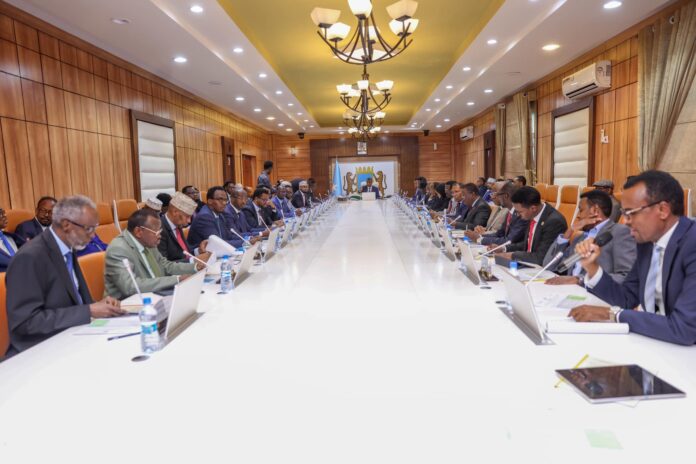MOGADISHU, Somalia — In a significant development for digital equity in Somalia, the Council of Ministers has approved the Somalia Digital Inclusion Policy during their weekly meeting on Thursday, led by Prime Minister Hamza Abdi Barre.
The policy, described as a cornerstone for the nation’s digital transformation, addresses longstanding barriers to ICT access, particularly for marginalized groups, including rural populations, women, youth, and those with disabilities.
It aims to democratize access to digital tools and resources, focusing on affordability, equitable distribution, and digital literacy. The policy sets out to close the digital divide, enhancing opportunities in education, health, business, and civic engagement.
By fostering partnerships with the private sector, international bodies, and local communities, the government seeks to boost economic prospects, civic participation, and educational achievements. The policy’s implementation will be under scrutiny, with commitments from the government to provide the necessary resources for its success.
This initiative marks a pivotal moment for Somalia’s integration into the global digital economy, promising advancements in e-government services, telemedicine, and online education. The move is viewed as a proactive step to keep Somalia in stride with global digital advancements, positioning it as a potential digital hub in the Horn of Africa.





